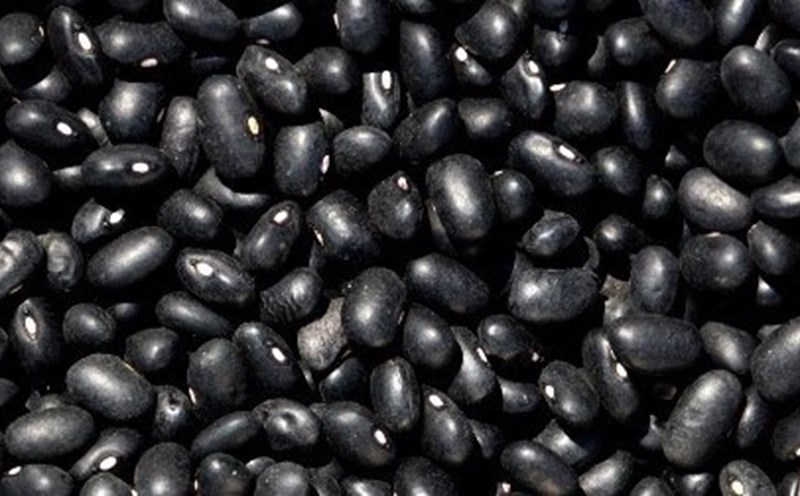People with digestive problems
Malabar spinach is rich in fiber, which helps improve digestion, supports bowel movements and reduces constipation. According to Medical News Today, vegetables rich in fiber such as Malabar spinach also nourish the intestinal microflora, help balance the digestive system and reduce the risk of irritable bowel syndrome.
People with cardiovascular disease
Malabar spinach is rich in potassium and low in sodium, which helps maintain stable blood pressure. According to recommendations, people at high risk of heart disease should eat foods rich in potassium to support cardiovascular health.
Diabetic patients
People with diabetes should also regularly eat Malabar spinach because this food has a high fiber content, helping to control blood sugar. According to research from Medical News Today, vegetables with a low glycemic index such as Malabar spinach help reduce the risk of blood sugar spikes.
Pregnant women
Malabar spinach is rich in folate - an important nutrient that helps prevent birth defects in the fetus. Pregnant women should consume enough folate from natural foods to ensure healthy fetal development.
People who want to lose weight
Malabar spinach is low in calories but rich in fiber, which helps create a feeling of fullness for a long time and supports weight loss. Foods rich in fiber such as Malabar spinach can help control appetite, thereby reducing daily calorie intake.
People who need to improve bone health
The vitamin K content in Malabar spinach plays an important role in maintaining bone density and preventing osteoporosis. According to research, adequate vitamin K consumption helps increase calcium absorption and reduce the risk of fractures.
Malabar spinach is a great food choice for many groups of people, from diabetics, people with digestive problems to pregnant women and those who want to lose weight. Adding this vegetable to your daily diet can help improve overall health naturally and safely.











